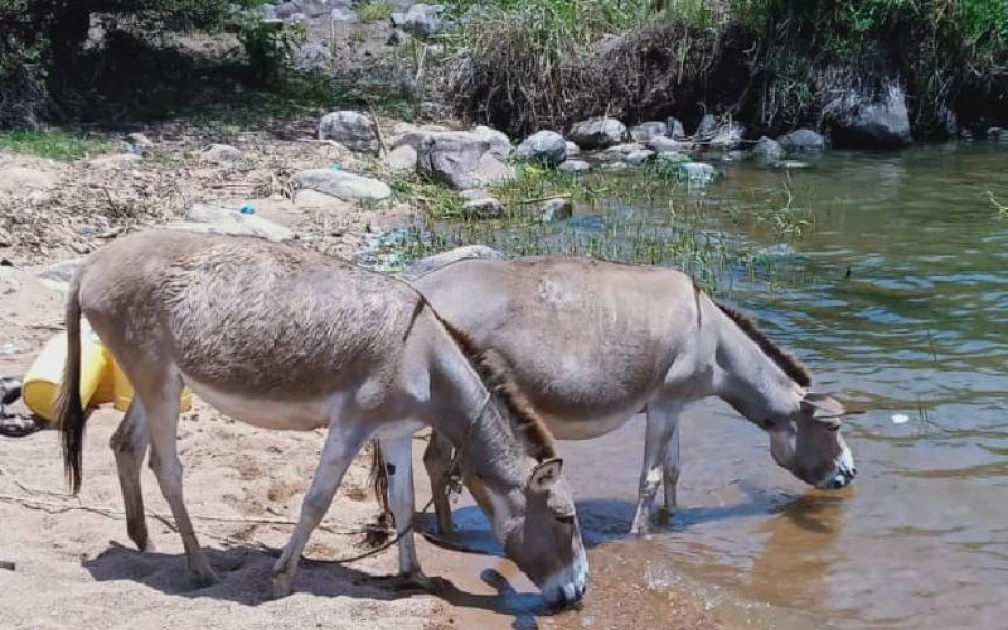Nairobians worried they could be eating donkey meat unknowingly

Photo/Courtesy

Audio By Vocalize
Pictures of carcasses of slaughtered donkeys left to rot away in the bush has left many Nairobians wondering about meat safety.
The images have left many meat lovers fighting the natural urge to spit on the ground, just at the thought of what may have found its way into their plates.
The shocking pictures and the accompanying stories -- have left many concerned about the type and quality of meat that may have made its way into their kitchens.
Clifford Mwangu – a resident of Nairobi -- told Wananchi Reporting that he lost the desire to eat meat after hearing stories about donkey meat finding its way into butcheries.
“You never really know what you are eating these days,” he says – adding that many butcheries do not seem to handle meat well.
Dr. Raphael Kinoti, the Regional Director Brooke East Africa, an international animal welfare charity dedicated to improving the lives of working horses, donkeys and mules, told Wananchi Reporting that they were concerned about the increased killings of donkeys in the country.
“Kenya doesn’t slaughter donkey either for food consumption or for external export. There is no legal slaughter house for donkeys in our country. Therefore, anyone slaughtering a donkey is doing it in a bush somewhere, in very unsanitary condition,” he said.
According to Kinoti, the demand for donkey skin in some countries, and the demand for meat in Nairobi are some of the main reasons for the killing of donkeys.
“There is a big challenge in the supply of meat in Nairobi with the price of meat rising by over 40 percent over the last one year.”
“So, people have been looking for donkey meat, disguising it and selling it cheaply to unsuspecting customers,” said Kinoti.
Kinoti also noted that there are diseases associated with donkeys that can be transmitted to humans.
He warned that the slaughter of donkeys in the bush, the transport and selling of that meat to Nairobians is nothing but a ticking time bomb.
“If a donkey has anthrax and get to a butchery, we will get tens and hundreds of people being admitted to the hospitals.”
“Everybody needs to be concerned, and join hands so that we can curb this challenge. It should be a collective responsibility led by security agencies and local administrators, from the chief county commissioners,” said Kinoti.
In 2020, the government of Kenya banned the slaughter of donkeys. The African Union announced a 15-year continent-wide ban of donkey in February 2024.
In November last year, a man was arrested in Murang’a county ferrying 30 donkeys to Kayole.
Many have, however, managed to sneak into towns to sell donkey meat.
Kenyans want the police and health officials to put in place measures to control and eventually slaughter and sale of donkey meat.


Leave a Comment